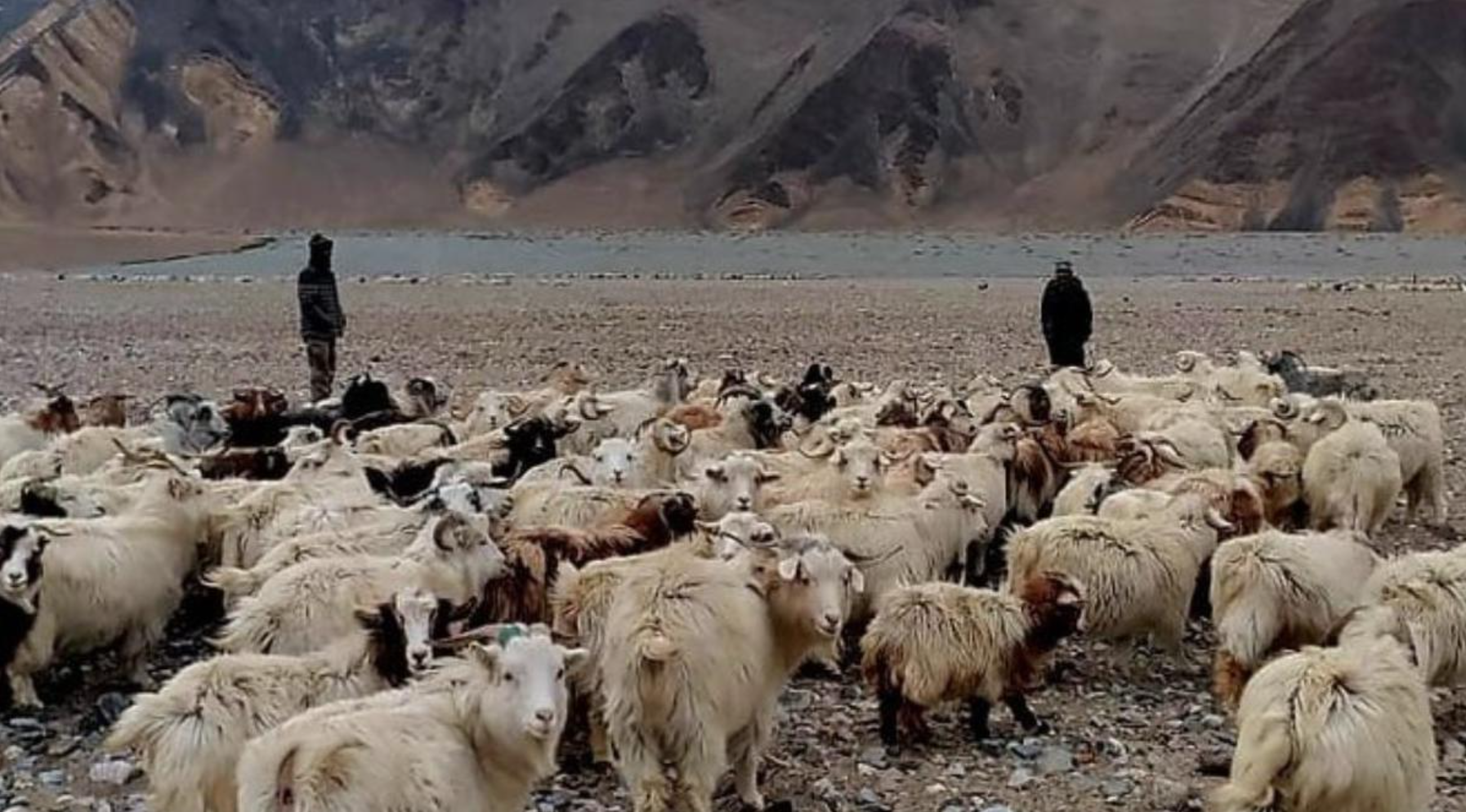In a recent incident that has sparked concerns, Indian graziers were reportedly stopped by Chinese soldiers in the Kakjung area of Ladakh along the Line of Actual Control (LAC). The incident occurred earlier this month and was captured on video by locals.
The video, which has since been shared on various platforms, was first posted by Chushul councillor Konchok Stanzin on January 30. The footage shows a group of Indian graziers being halted by Chinese soldiers as they were tending to their livestock in the region.
The Kakjung area, located in the high-altitude region of Ladakh, is often frequented by local graziers. The recent incident has brought to light the escalating tensions along the LAC, a disputed border area between India and China.
The video serves as a stark reminder of the ongoing border disputes between the two nations. It underscores the challenges faced by local communities residing in these border areas, whose livelihoods are often caught in the crossfire of geopolitical tensions.
The incident has drawn widespread attention and has been met with concern from various quarters. It raises questions about the freedom of movement for local communities in the border areas and the impact of such incidents on their livelihoods.
The local administration, in response to the incident, has assured that the matter is being taken seriously. They have pledged to take necessary measures to ensure the safety and rights of the local communities are upheld.
This incident serves as a call to action for a peaceful resolution to the border disputes. It highlights the need for open dialogue and mutual respect between the two nations to ensure the safety and well-being of the local communities.
In conclusion, the incident involving Indian graziers being stopped by Chinese soldiers in the Kakjung area of Ladakh underscores the urgent need for peaceful border negotiations. It is a reminder of the human aspect of geopolitical conflicts and the impact they have on local communities. As the situation continues to unfold, it is hoped that a resolution can be found that respects the rights and livelihoods of those living along the border.



